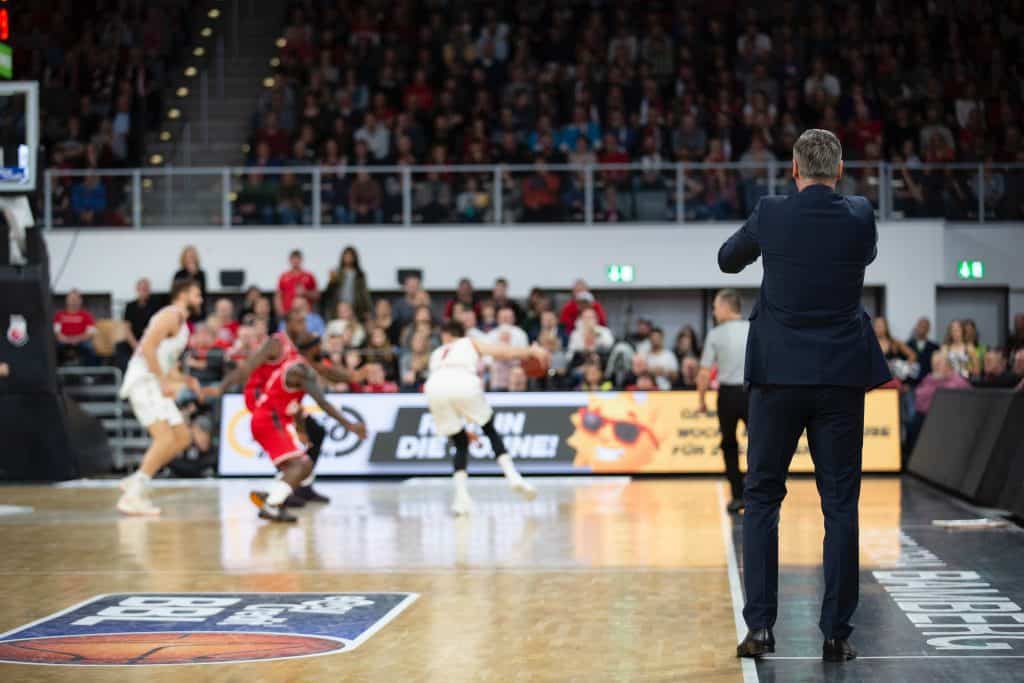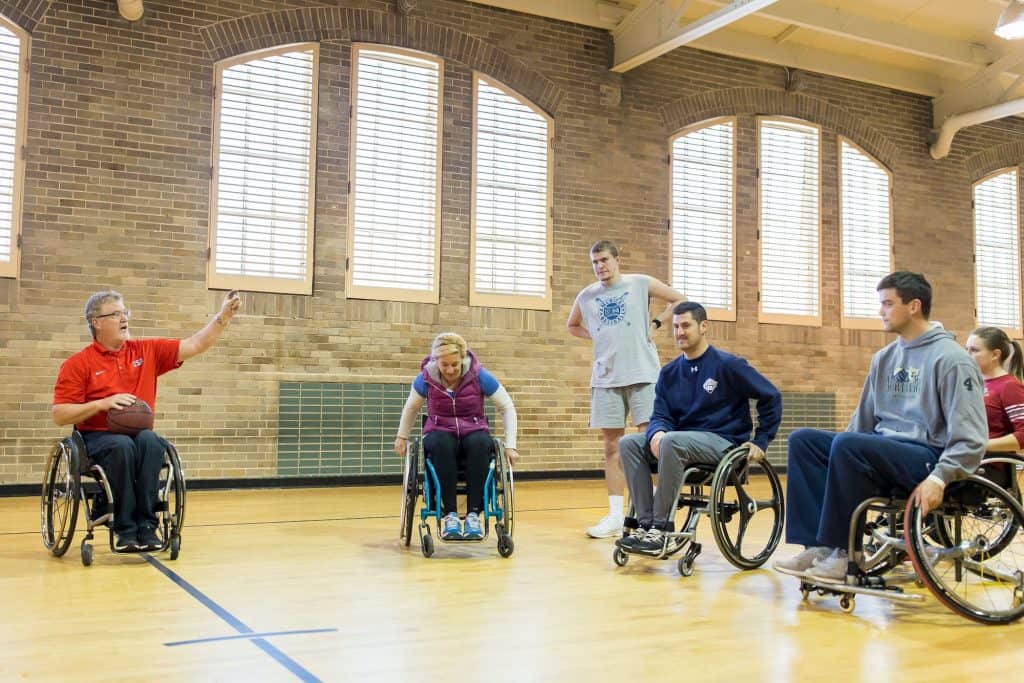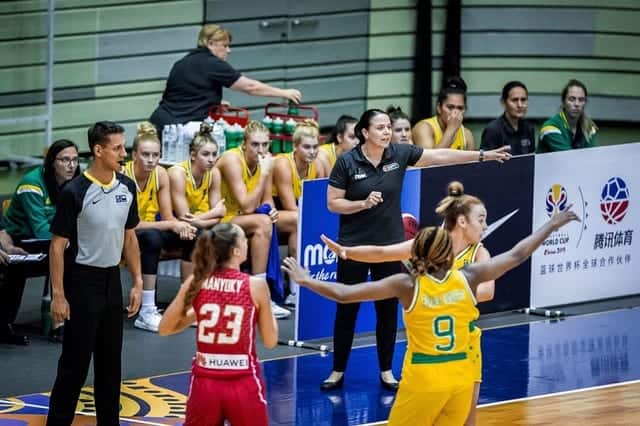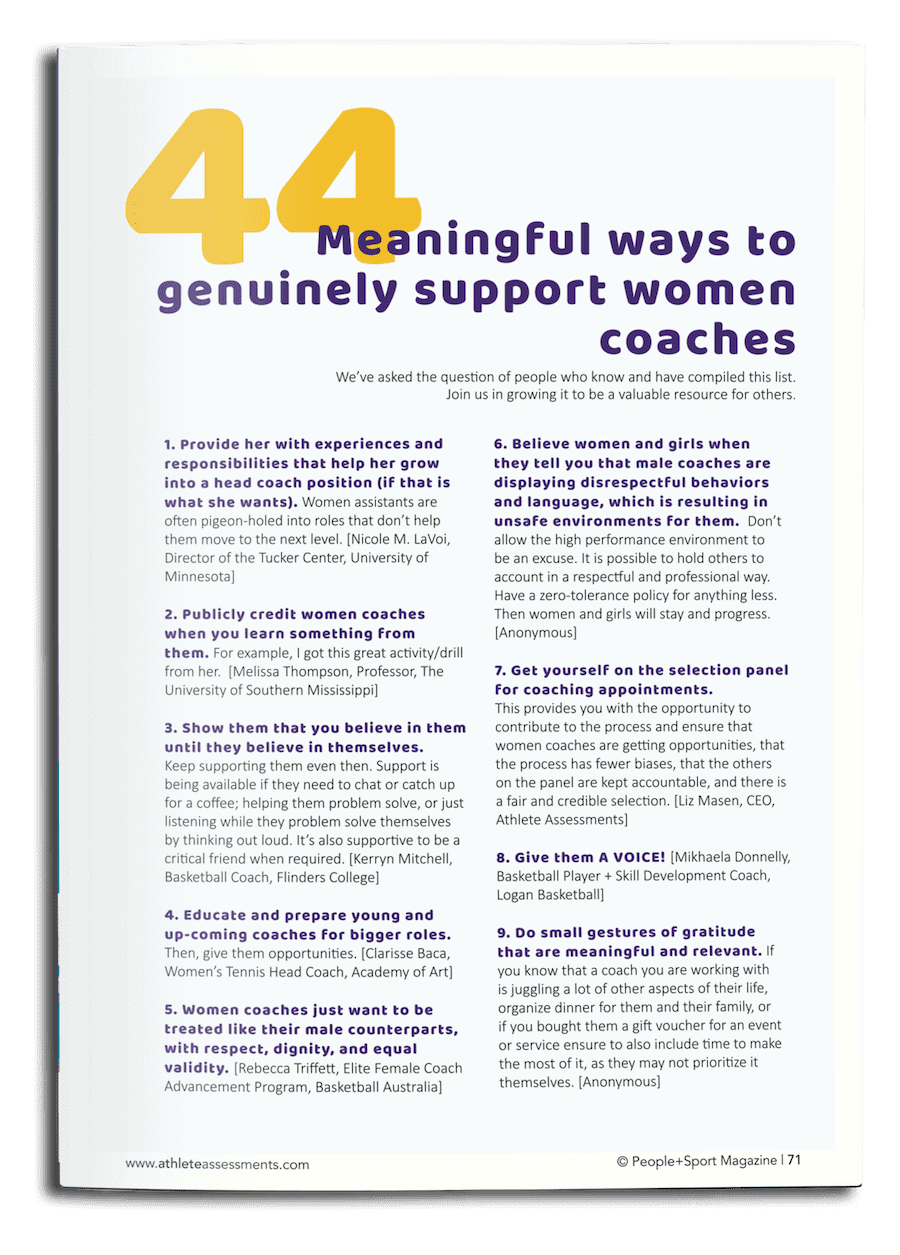Getting a mentor is the shortcut to success
Bo Sanchez, Author
When it comes to professional development, mentoring is one of the topics that never seems to go out of fashion. It’s a classic for a reason. When done successfully, the benefits for an individual or group’s development can be profound. Mentoring is also one of the few elements of development where the impact is immediately reflected in those involved (when done right), with mentees lifted by their mentor’s guidance, perspectives, validation, and support; and mentors feeling enormously valued for their contribution.
Successful mentoring relationships, both formal and informal, provide pivotal career advice, connections, and a sounding board in difficult situations. Mentoring relationships that begin in formal programs, often continue long beyond their contracted period, forging lifelong professional and personal connections.
While great in concept and for those involved in these special mentoring relationships, there are challenges in reaping the benefits and creating a program that works.
So, to determine what the defining factors are of a successful mentoring program, let’s explore some of the top initiatives from different corners of the world. While ratios, cohorts, sports, and program structures differ within these formalized mentoring programs, what remains consistent are the considerable benefits reaped by all involved.
Rugby australia: mentor training program
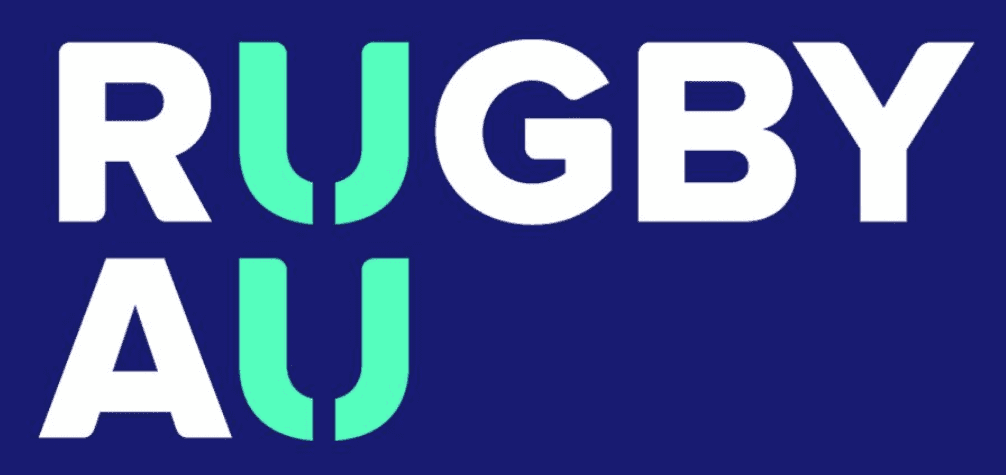
Rugby Australia as the national governing body, prepares teams for competition in the Olympic arena, world rugby union stage, and all national, state, and community levels. Rugby Australia is also a huge supporter of the sport’s coaches, offering nationwide coach development opportunities through their Mentor Training Program, which sees a coach mentoring class cohort of 25, with a mentor to mentee ratio of 1:5. The Mentor Training Program fits into the Workforce Coach Developer Suite, acting as the pathway into becoming a Rugby AU Mentor Coach, Rugby AU Coach Developer (World Rugby Educator), and World Rugby Trainer.
Rugby Australia’s National Coach Development Manager, Michael Magriplis, spoke to us about their highly successful program, which includes some of Australia’s most talented coaches,
“Each of our mentors have provided their time willingly. The fact we have mentors like Tim Walsh (AU7s Men’s Head Coach) doing sessions before he went to Tokyo, demonstrates the value our mentors put on the program.”
As a World Rugby Master Trainer, Michael explains the way Rugby Australia prioritizes building capacity and capability in others.
“Our development programs aren’t about ‘telling’ people what they need to do to improve, but to listen and pose the correct questions to take them on a journey of self-discovery. For me, the GROW acronym [Goals, Reality, Options, and Will] fits perfectly, and we use this in all our programs when working with coaches; we also use this for self-reflection purposes as well. The biggest benefits are those ‘light bulb’ moments a coach has and the positive change you see in their processes – that’s what makes this job special!”
There is something to be said for utilizing the talent within your organization, and given the breadth and depth of coaches under the Rugby Australia umbrella, the why is clear. Speaking on their use of a mentoring relationship Michael says, “By incorporating mentors into the Rugby Australia program, we have a dedicated ‘trusted friend’ who our coaches can work with, all of our mentors have extensive professional experience, they provide a sounding board and support person for our cohort.”
Getting into the mechanisms of the program, we asked Michael to elaborate on the program drivers and factors which are critical to the success of the mentor/mentee relationships within it. Michael says these are the top three priorities:
- Identify mentors who you believe will be a good fit for the program. Our current Performance Coach mentors are Tim Walsh (AU7s), Nathan Grey (Junior Wallabies), John McKee (Western Force), Adrian Thompson (RA Pathways), Matt Williams (ex-international coach), and Chris Malone (ex-Waratahs coach).
- Ensure the mentor coaches have the time to work with their mentees. For our program it was a minimum of one whole group session, followed by two individual sessions per mentee. However, some of our mentors have kept in touch with their coaches beyond this and continue to act as sounding boards for them.
- Enforce the need to evaluate the sessions through a formalized coach self-reflection. This is one of our major assessment components, but it allows our coaches to put their learnings on paper and formalize their work with their mentor.
Detailing their program structure further Michael emphasizes that finding the right mentors to suit both the program structure and mentees’ needs are a critical piece of the puzzle, particularly when it comes to ensuring they can actually provide the time needed by the program. He adds,
“Rugby Australia’s Coach Development model is based on ‘Right Coach, Right Environment, Right Training’. In order to provide the ‘right training’ we had to identify the right mentor coaches who would have the necessary qualities to be a good ‘trusted friend’ for the coaches within the program. The most difficult piece we found was identifying mentors with time availability. Once we did this, and put them through our training, it seems to have worked seamlessly.”
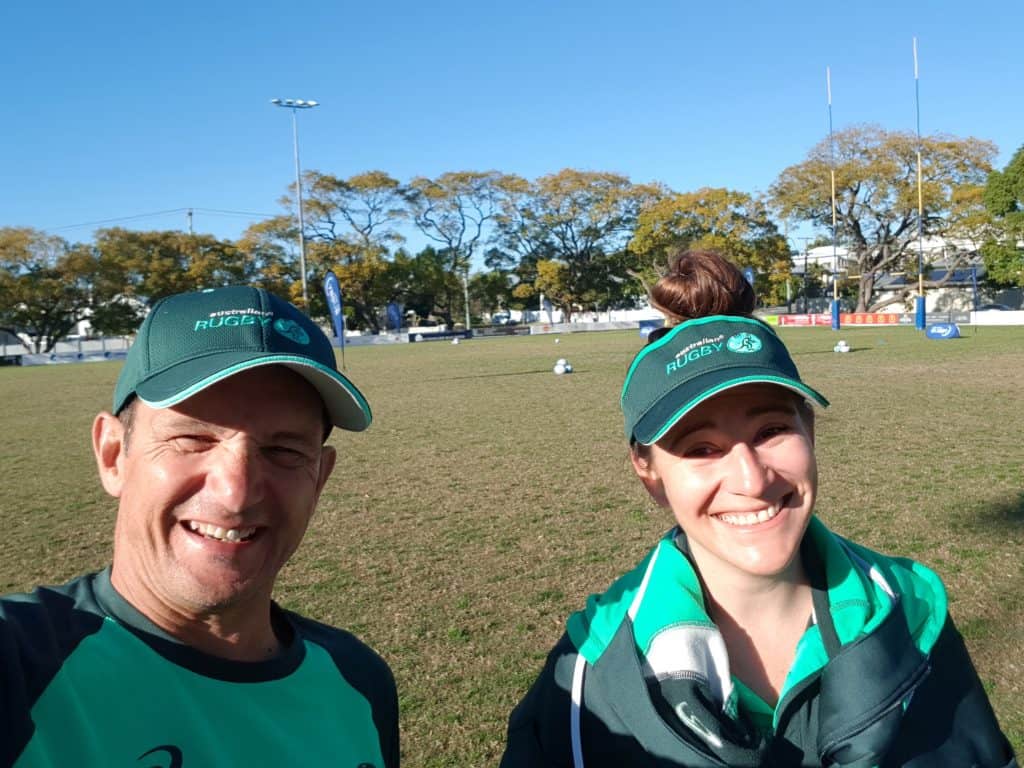
Another opening element of the program sees Bo Hanson, Athlete Assessments’ Lead Coaching Consultant and 4x Olympian, debrief program participants, both mentors and mentees on their individual CoachDISC Profile results, before extending their knowledge further into understanding the strategies and applications of DISC within their coaching roles. The Athlete Assessments DISC Profile debriefs are not only informative but personal. Michael shared a quote from international coach and program mentor, Matt Williams in Ireland who recently went through and said,
“I enjoyed yesterday’s chat. Bo is an interesting guy. Would like to sit down and have a long talk with him one day. He is the type that makes you feel uncomfortable but makes you a better coach and person”.
Michael explained that following Athlete Assessments’ CoachDISC training, the tight knit mentoring group discuss their ‘big rocks’, giving them a chance to bounce ideas off each other, while allocated mentors get a better chance to get to know each of their coach mentees. Next, the coaches are required to film a training session, through their Digital Coaching Hub (powered by Slocoach). Using this footage, each mentee then has a one-on-one session with their mentor who provides them with direct feedback on their coaching process, what they were doing well, and where improvements could be made. The session assists with creating an action plan for future development.
WeCOACH: Women Coaches Academy Mentor Program

WeCOACH hosts the NCAA Women Coaches Academy (WCA), a program designed for women coaches who are ready and willing to increase their individual effectiveness by learning advanced skills and strategies that directly affect their personal and team success. Since the inaugural Academy in 2003, WeCOACH has gone on to host 50 Academies over the years.
They are the premier membership organization dedicated to the recruitment, advancement, and retention of women coaches of all sports and levels, and are responsible for the ongoing professional development of women coaches at the collegiate and high school levels in the USA.
Alongside the Academies, WeCOACH offers an eight-month intensive mentoring program. Now in its fifth year, the program groups the coaches into trios, with each trio including a coach with more than 10 years experience (Gold Mentor), 7-10 years experience (Silver Mentor/Mentee), and a coach who is just starting out (Bronze Mentee).
Participants are selected for available openings with heavy consideration on attaining a diverse pool not only based on coaching experience, but by sport, level of coach (head, assistant, administration, other such as strength and conditioning, or specialist), type of coach (youth, collegiate, professional, retired), diversified collegiate athletic affiliations (NCAA, NAIA, JUCO, etc.), and by time zones or regions of the country.
Megan Kahn, CEO at WeCOACH, said one of the most positive parts of the program is the ongoing connection and impact it has on them even after the program has concluded for the year. She added,
“It’s a testament to the power of connection, and women building their networks across sports and levels that these participants are making long-lasting bonds. If we can continue to foster engagement and support, then we increase our ability to keep women in the industry.”
While coach development organizations around the world unanimously agree that meaningful mentorship impacts career outcomes for coaches, Megan details the key benefits which include prioritizing individual growth, developing leadership capacity, being able to share ideas and best practices, seek guidance, have a safe place to bounce ideas off other coaches, and strengthen non-sport specific skills.
The WeCOACH program teams trios of coaches from different backgrounds and Megan explained how coaches in the mentoring program value the skills and experience that coaches from different backgrounds bring. Candidly, Megan also spoke about the real concern that some women in coaching still experience feelings of isolation, gender bias, and unsupportive environments in their departments, which are barriers that women coaches face in staying in coaching. She explained that mentoring can help ease these challenges.
Feeling inspired already, we asked Megan to elaborate on what she sees as being the top three elemental factors contributing to successful outcomes within the WeCOACH program, she had this to say,
- Creating intentional (trio) groupings based on what each participant expects to experience and allowing them an avenue to strengthen their cross-sectional network.
- Setting clear expectations of each participant and providing support and additional opportunities to engage with the entire program of participants throughout the eight-month long term.
- Receive candid participant feedback during the program, specifically through a detailed survey at the halfway point and completion of the program. This feedback is extremely beneficial in staying relevant and offering the best model that serves the coaches.
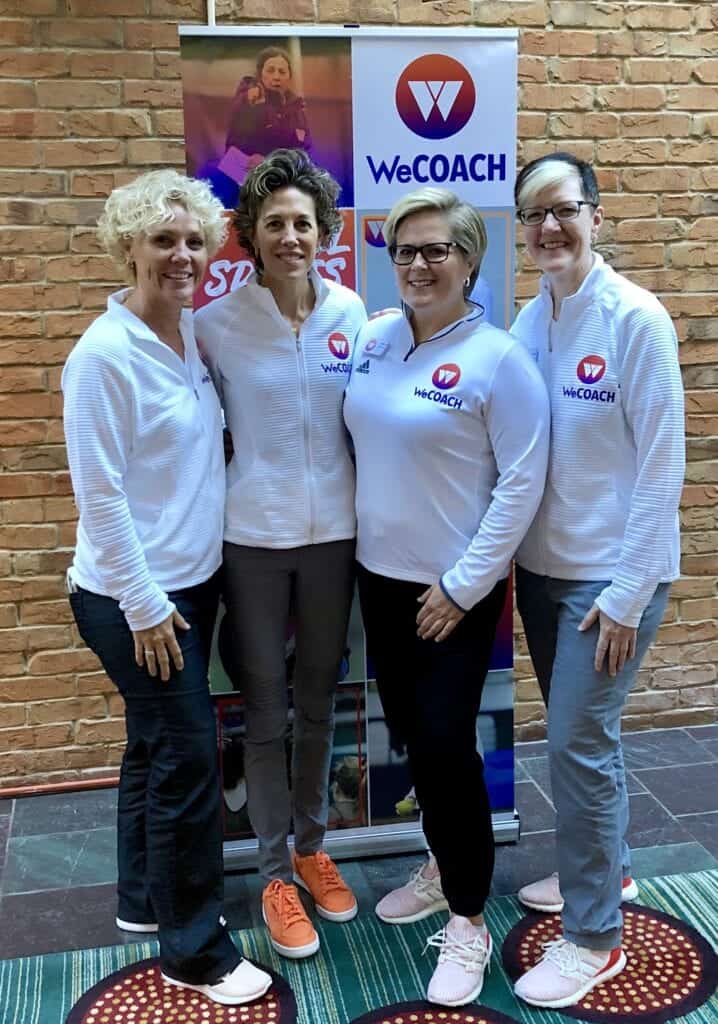
Looking deeper at the structure of the program, participants are required to attend an initial video chat; complete an initial, mid-year, and final assessment; meet a minimum of one time per month with their group; and attend video chat meet-ups during the course of the program.
Megan explained that once the initial training is complete, the content of these meetings sees trios go on to problem solve non-technical issues that are not sport specific, such as conflict resolution, having difficult conversations, managing staff, roster, and administration, in addition to learning about leadership and growth concepts. Additionally, to aid and support the groups in completing the program, they receive monthly discussion prompts to help guide their monthly meetings.
To further understand the benefits mentoring brings we asked Megan to differentiate between the benefits of traditional coach education and mentoring. She explained that one of the unique benefits of the WeCOACH program is that coaches of all experience levels and sports come together, problem-solve, and share ideas. All of this is happening between many different levels of skill, experience, and level. This diverse engagement continues to deepen the relationships and networks between coaches and as a whole makes the community more resilient and able to withstand greater challenges that may prompt them to leave the profession prematurely.
As many of the women coaches who attend the WeCOACH / NCAA Academies and partake in the mentoring programs are serial attendees, and many have advanced into the different mentoring levels, we were interested to hear the key benefits reported by participants in the programs. Megan explained the way the trios of coaches with different levels of experience provide an invaluable opportunity to give and receive mentorship and build relationships that assist in keeping women in coaching. The unique Mentor Program was modeled specifically to prevent coaches from leaving the profession prematurely. Research showed that women with 7-10 years of coaching experience are most likely to leave the coaching profession. The mentoring program provides the support and increases their skill set where possible. The Mentor Program also creates high engagement within their membership, allowing women coaches to deepen relationships and their network of fellow coaches, at the time the research shows they need it most.
Scottish Swimming Coach Development

Scottish Swimming, which oversee the development of swimming, diving, open water, artistic swimming, and water polo in Scotland, provide performance development programs for coaches across the country. Associated with Scottish Swimming’s ‘Four Stages of the Coaching Pathway’, their coach development program integrates the role of mentors within a three-tiered approach which includes coach educators, coach developers, and mentors.
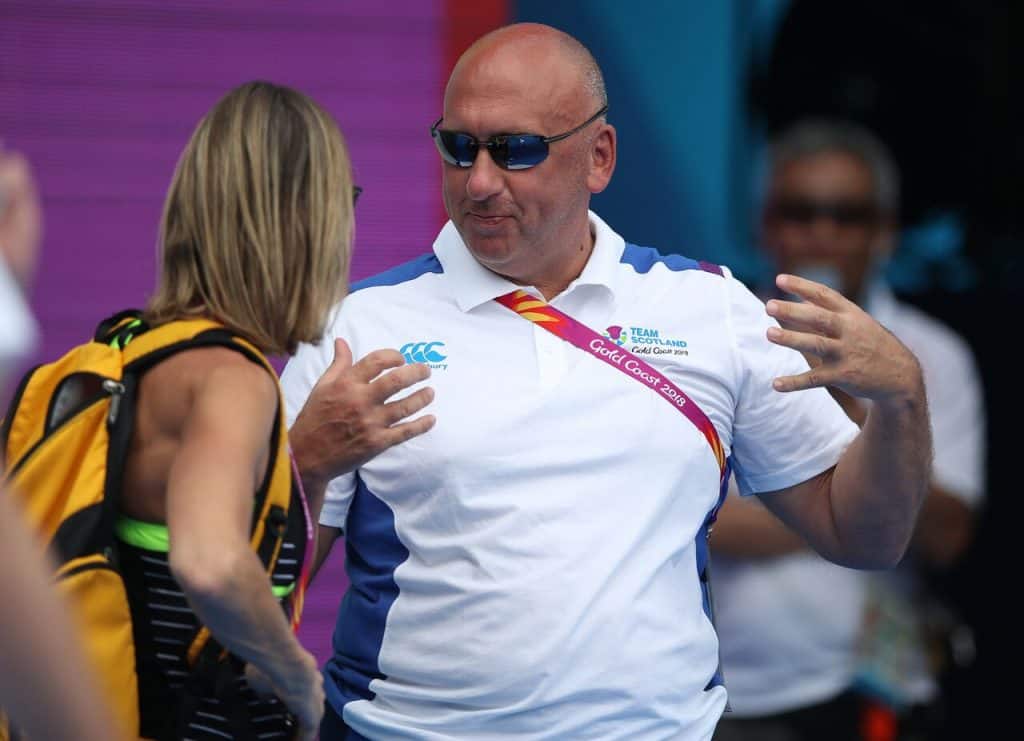
Alan Lynn, Scottish Swimming’s National Coach, heads up the extensive national squad program plus leads this development and support process for performance coaches. Alan has a deep history in mentoring, establishing a master’s program for Performance Coaches at Stirling University, which attracted coaching elite from all over the world, and Coaching Matters, a mentoring and performance program to support coaches, resourced by Sport Scotland. Speaking on Scottish Swimming’s approach to coach development through mentoring Alan says,
“The three-tiered approach 'releases' the potential of mentoring as a powerful element of the learning process for each coach.”
In the Scottish Swimming program, mentors give a different perspective to coach educators and developers and are used throughout the program. Alan explains that many of the mentors actually come from different sports, so interactions sometimes take place away from the pool. This opens up the opportunity for coaches to get out of their comfort zone and take their focus beyond the pool.
We asked Alan to tell us more about the mentors they bring on,
“Our mentors are all very experienced coaches and skilled communicators, particularly good at listening and questioning. The mentors understand that coaching is complex and unpredictable, often emotional. They also get that there isn’t one way to solve a problem and this is immensely valuable to help coaches develop their repertoire of decision-making options.”
However, while the mentors are impressive and the benefits are inarguable, effective mentoring programs are difficult to manage and maintain as Alan added, “High-quality mentors are in short supply and you can’t necessarily accelerate the process of becoming one! While we have some truly talented coaches and mentors within our program, this is why we also seek mentors from other sports and sometimes from outside of coaching altogether, in specific instances.”
Scottish Swimming prides themselves on providing their coaches with a formalized development program structure, that they receive a personalized, authentic, and relevant experience, without confining them to specific content or training. Coaches are encouraged to engage with the formal education system inside and outside of swimming, providing them with the latest research and development in the world of swimming and the broader sphere of coach education. As a grounds for doing so, Alan elaborated, “We liken our coach developers and mentors to navigating by means of a compass, rather than a map. By definition, maps are ‘known worlds’ whereas compasses help give a sense of direction.”
A core element of the program is to also provide coaches with a structure for increasing their self-awareness and understanding of their preferred personal coaching style. This helps them to see their coaching as being as much of a performance factor as their athletes’ technical abilities; and develop their knowledge of why they do what they do, and how to adapt their behavior when a situation may require it.
So, after many successful years running the program for coaches at all different levels, what do the participating coaches think of it? Alan says, “Coaches are grateful for the support, partly because previously, in many cases, there wasn’t much outside of their own informal networks, but also because they see the value in the ‘compass navigation’ metaphor and the readiness of their sport to provide support resources for them.”
Further he says,
“A quote I like is from a poem by T.S. Eliot, “we had the experience but missed the meaning” and it’s very apt in describing how we used to do coach education and development. Now we are designing experiences to understand meaning.”
So, what do all of these programs have in common?
A common element to all the programs is establishing a shared language, understanding and awareness between coaches – mentors and mentees. Before programs begin, all groups take the CoachDISC Profile (if they haven’t already). This provides coaches with a fundamental awareness of their own behavioral style, an insight into their strengths and limitations, plus knowledge of their areas for improvement, all within the coaching context. With the CoachDISC Profile knowledge as a baseline, participants in each organization are in a more effective position to build new relationships – with their mentor and other coaches within the program.
LOVE THIS ARTICLE?
DOWNLOAD YOUR FREE, PRINTABLE PDF COPY BY FILLING OUT THE FORM BELOW!
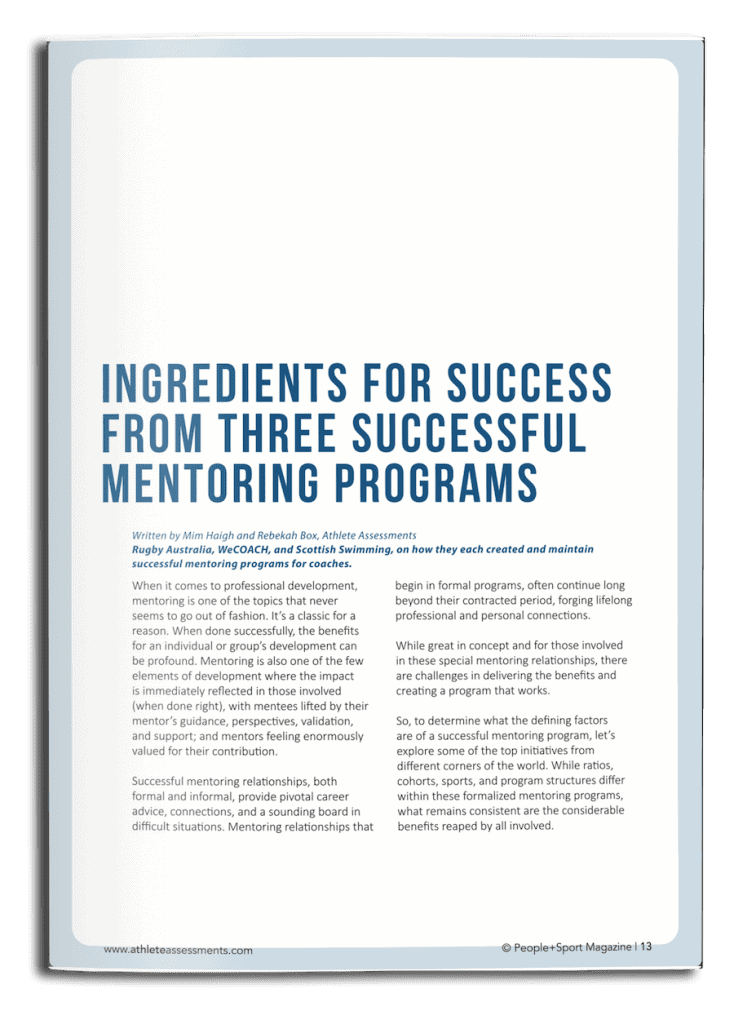
Where to from here?
If you would like to find out more about how we can assist with your organization’s coach development or mentoring programs, just reach out and contact us.
Recommended Articles
Coaches are always evaluating performance, it’s a critical part of their role in order to be successful. Whether it be through assessing the scoreboard results of their team, individual athletes’ statistics, or even through the lens of their team’s culture. However, when it comes to evaluating their own performances, who should coaches turn to when they are looking to improve their own efficacy and skills?
“I rarely choose the easy route just because something might be hard.” It’s a simple and succinct statement of fact, but it also serves as a quick character portrait summing up Dr. Scott Douglas, a 2x NWBA Champion, 4x player for the U.S. Men's World Cup Tennis Team, 3x Paralympian, coach, and Associate Professor at University of Northern Colorado.
When Madeleine Albright so famously said, “There is a special place in hell for women who don’t help other women” she obviously hadn’t met or been involved with a unique group of women coaches brought together by Basketball Australia. Here, it’s quite the opposite.


